President Joe Biden's recent announcement of fresh sanctions against Russia underscores his administration's resolve to confront Russian aggression, particularly in the context of the ongoing conflict in Ukraine. However, while these sanctions represent a significant escalation, they also reveal a cautious approach aimed at mitigating potential global economic repercussions.
The comprehensive 200-page list of targets spans multiple countries, including Russia, the United Arab Emirates, and China, and constitutes the most extensive single-day imposition of financial penalties since Russia's invasion of Ukraine two years prior. Despite this breadth, notable omissions from the list, such as the metals sector and further energy-related measures, underscore a reluctance to deploy the harshest available economic tools for fear of destabilizing the global economy, including potential impacts on the US economy.
Experts suggest that a more aggressive approach targeting critical revenue streams, such as those facilitating Russia's procurement of technology, materials, and energy resources for its military operations, could significantly undermine Russia's economy. However, such measures also entail substantial risks and potential consequences for broader global economic stability.
Kim Donovan, a former Treasury official, emphasizes the necessity of strategic decision-making that acknowledges the accompanying impacts on the global economy. While the recent sanctions list includes previously sanctioned individuals and entities with limited ties to the US financial system, it falls short of targeting key sectors and revenue sources that could inflict substantial economic damage on Russia.
Despite calls from Ukrainian officials for increased military support, including $60 billion in fresh armaments and munitions, the Biden administration's request for such funding remains stalled in the House of Representatives. This delay reflects broader challenges in US domestic politics, including competing priorities and partisan divisions.
Meanwhile, Russia's economy continues to function relatively unscathed, with modest growth projected despite the tightening of sanctions. The resilience of the Russian economy is partly attributed to continued partnerships with countries like China and Brazil, which provide markets for Russian oil and supplies, mitigating the impact of Western sanctions.
Critics argue that the West, including the United States, has yet to deploy the most potent economic levers, particularly targeting Russia's energy revenues and imposing secondary sanctions on banks facilitating Russia's access to the international financial system. Without such measures, the effectiveness of sanctions in significantly altering Russia's behavior remains limited.
US officials have indicated a willingness to explore further options, including leveraging Russian state assets to support Ukraine's reconstruction efforts. Deputy Treasury Secretary Wally Adeyemo highlighted ongoing efforts to unlock the economic value of Russian reserves for the benefit of the Ukrainian people, signaling a commitment to explore additional avenues for applying economic pressure on Russia.
In conclusion, while President Biden's recent sanctions against Russia demonstrate a firm stance against Russian aggression, they also reveal a cautious approach aimed at balancing the need for deterrence with concerns about broader economic stability. The effectiveness of these measures in altering Russia's behavior remains uncertain, highlighting the complex interplay between economic sanctions, geopolitical dynamics, and domestic political considerations.







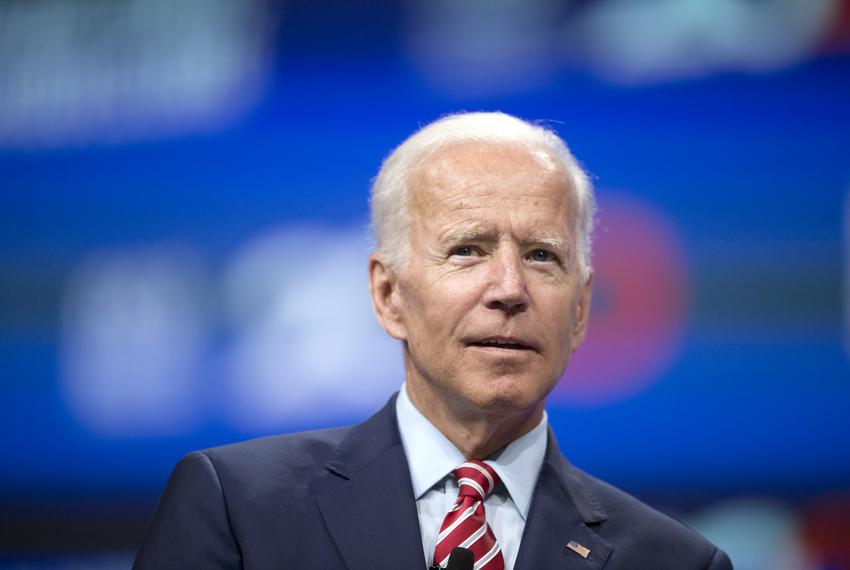
 OpinionExpress.In
OpinionExpress.In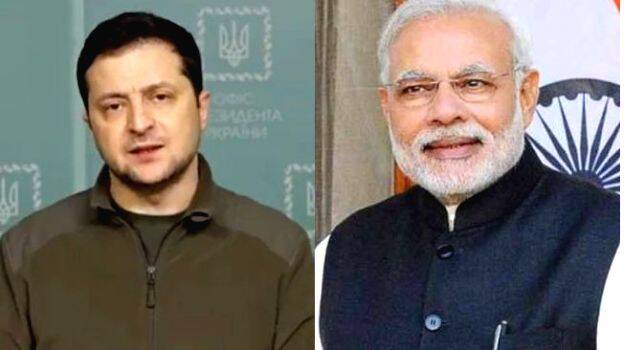

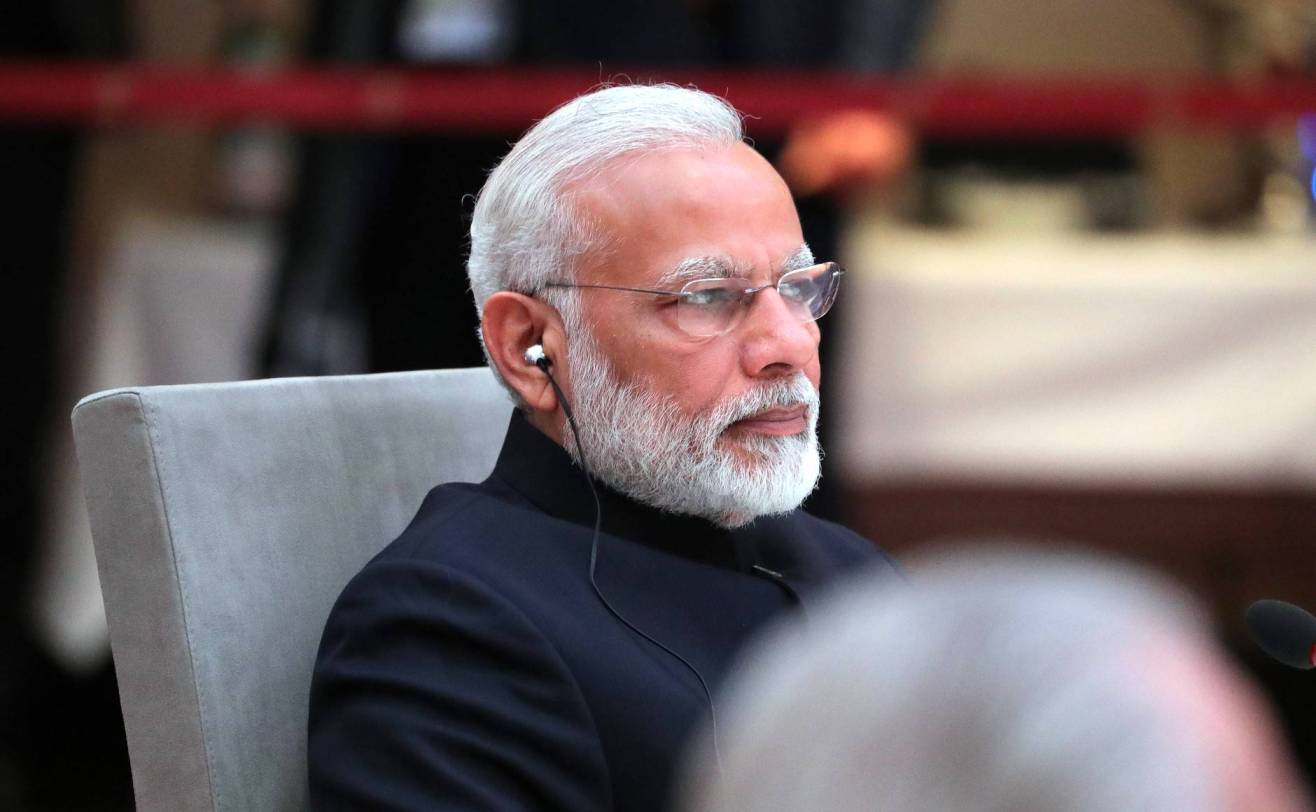
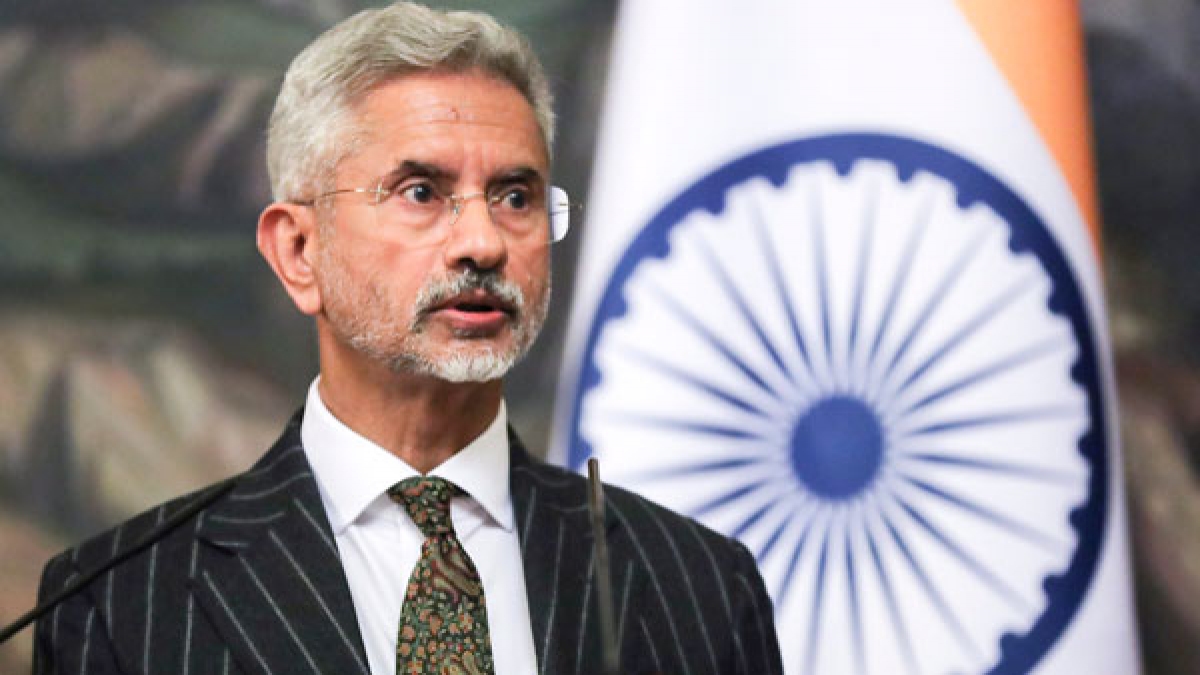
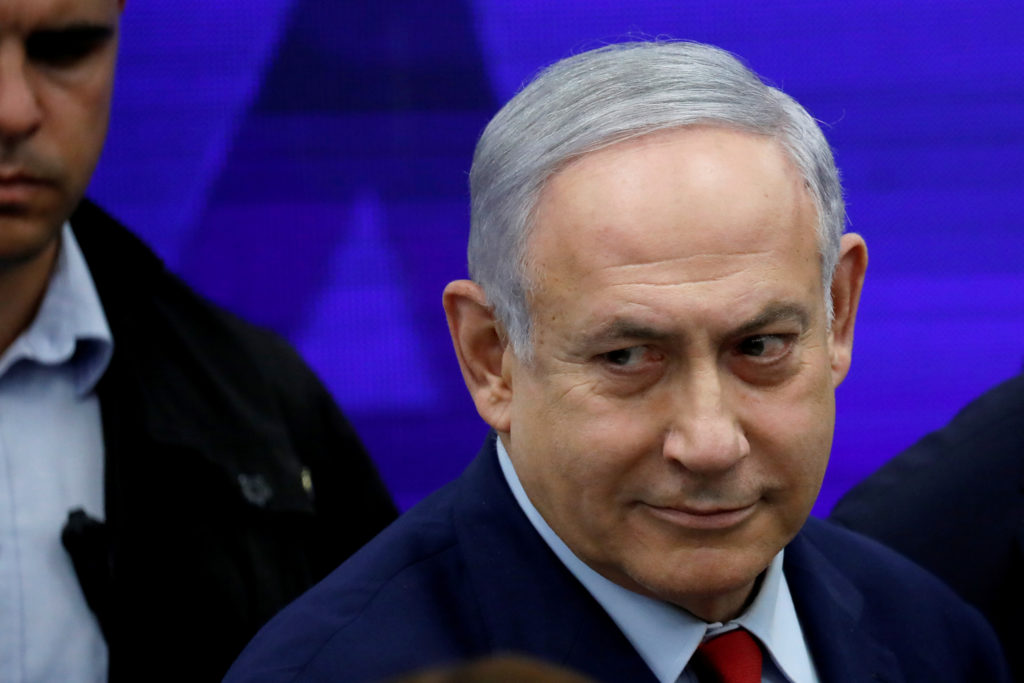
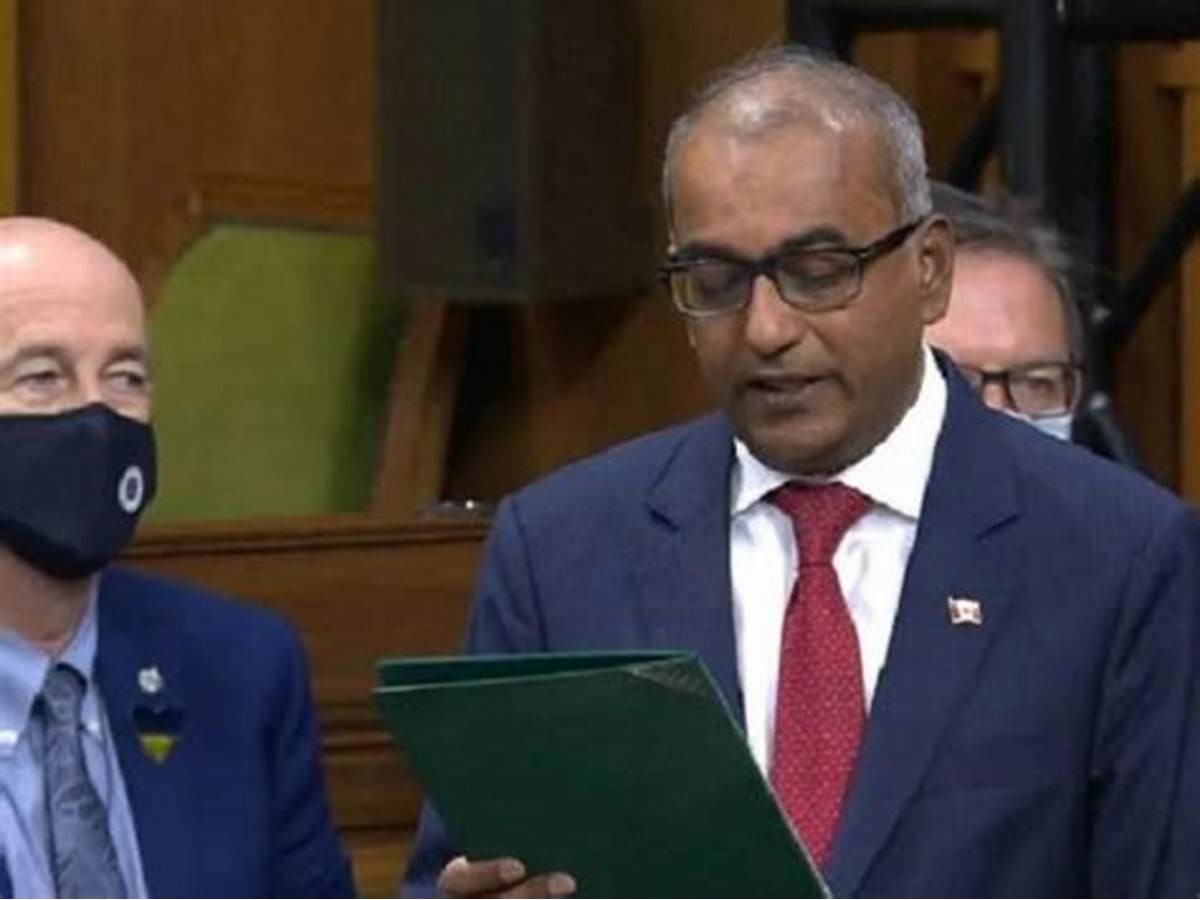
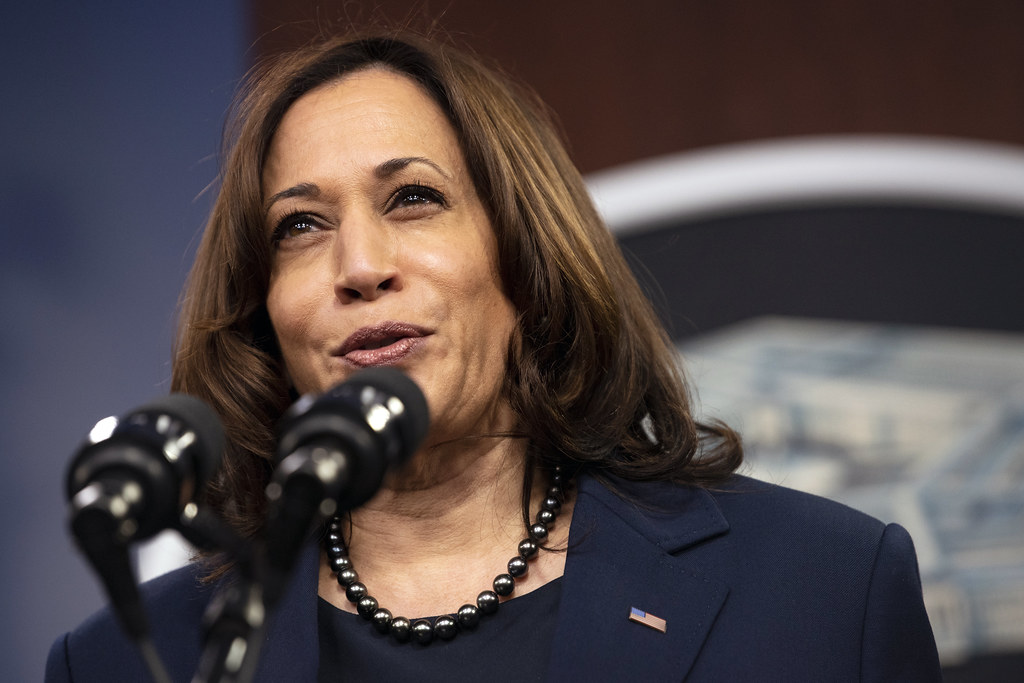
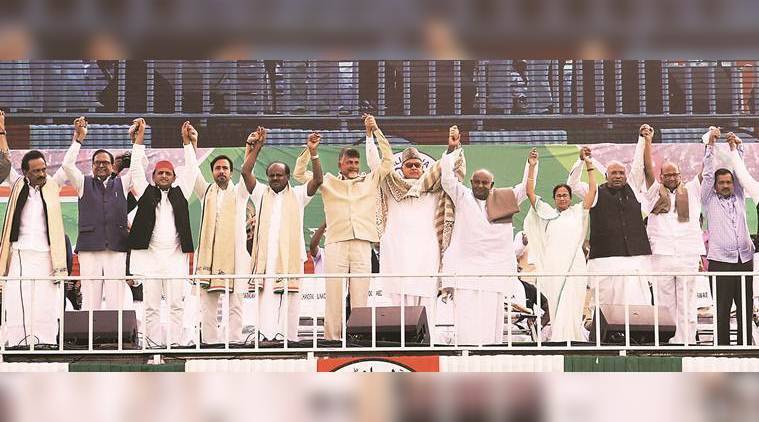

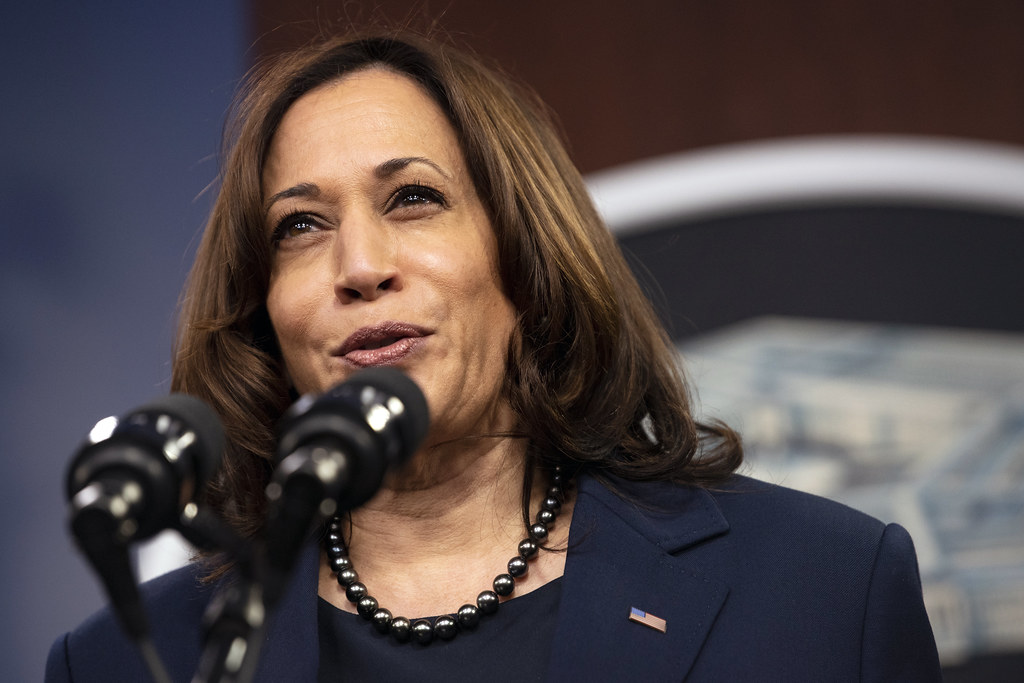






Comments (0)